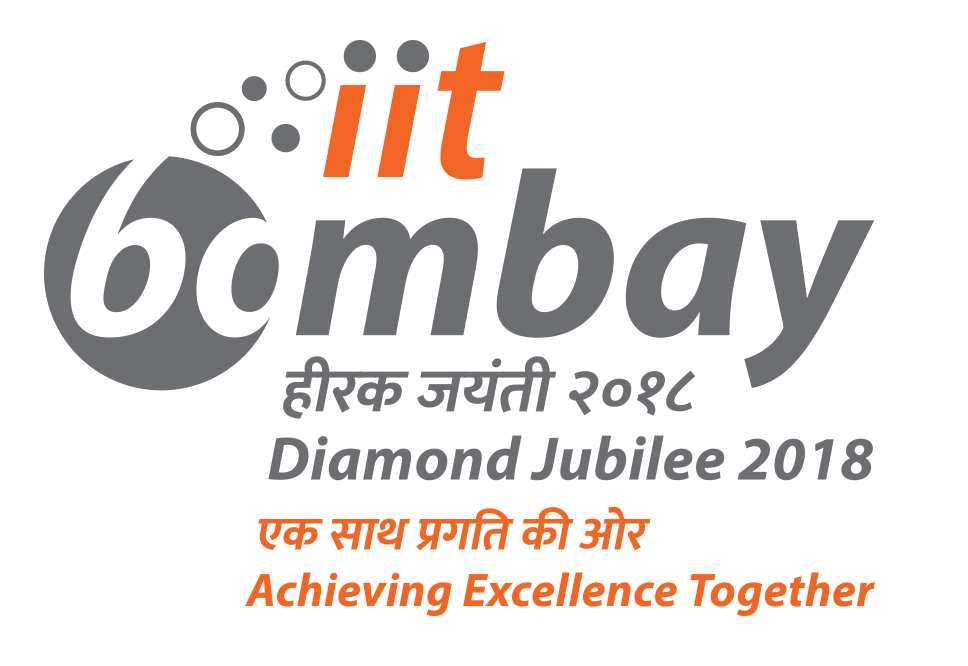Title: Time-resolved photoelectron spectroscopy of hybrid surfaces for catalysis and photovoltaic applications
Speaker: Dr. Sesha Vempati, FH Institute of Max Planck Society, Germany
Abstract: Time-resolved photoelectron spectroscopy is an extremely powerful tool to probe the surfaces for evolution of excited state population down to femtosecond time scales, a part from the time-resolved band structure. With this technique we study the activation of CO2 on ZnO (10-10) and electronic processes across 5phenyl pyridine (5PPy) on ZnO (10-10) hybrid interface. The findings of these two investigations are as follows and will be discussed in the talk. Hydrogenation of CO2: We find an ultrafast hot-electron capture within 0.8-1.5 ps from the conduction band of ZnO by a LUMO of CO2. After this capture the molecular orbitals shift below the Fermi energy in picosecond time scale before transforming into metastable states. At this stage perhaps the CO2 molecules are completely activated for hydrogenation. The mechanism of activation and energies of frontier molecular orbitals are quite important in catalysis of CO2 to produce methanol like fuels. Electronic coupling of ZnO/5PPy interface: A very strong electronic coupling is observed when an electron from a defect state of ZnO is injected into the LUMO of 5PPy. The measured life-time is ~90 fs, after which the electron escapes into the conduction band of ZnO. On the other hand we find the formation of charge transfer exciton for above optical gap excitation of 5PPy. Contextually, evaluation and understanding the strength of electronic coupling across hybrid interfaces are vital for designing the novel hybrid materials for photovoltaic applications.

